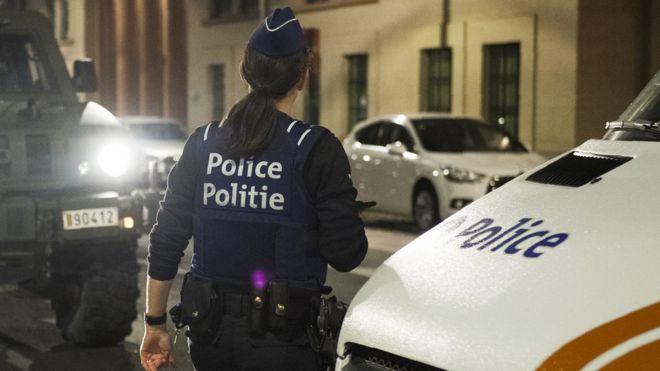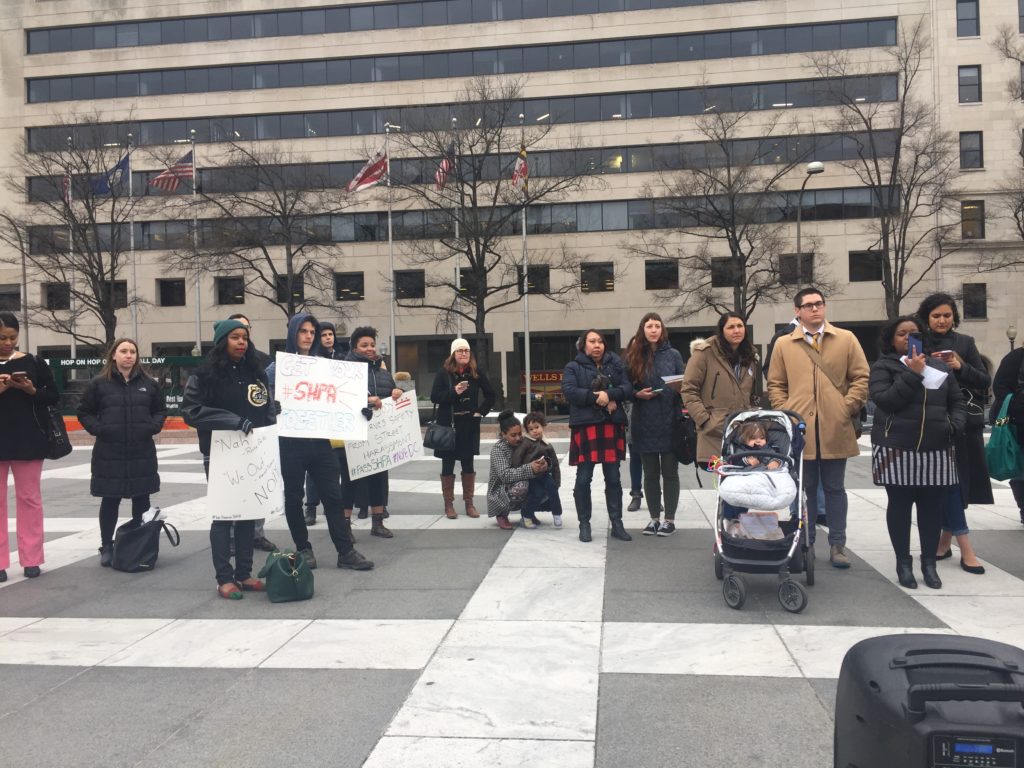Each day across the 16 Days of Activism Against Gender-Based Violence, we will highlight a 2018 activism effort undertaken to stop street harassment or a personal story about stopping harassers!
Day #7: A Job for a Woman

In Belgium, sexism in public places is illegal under a law passed in 2014. This year, the first charge was made using the law. A female police officer questioned a man after he jaywalked, and he said in response to her, “Shut your mouth, I don’t talk to women, being a police officer is not a job for women.” Apparently it IS a job for women (more than 30 percent of Belgium’s 40,000 police officers are women), and she arrested him. He was fined 3,000 euros.
Sexism, according to the law, is defined as “every gesture or deed” that is “clearly meant to express contempt of a person based on sex,” or considers a person inferior based on sex, or reduces a person solely to a sexual dimension, and which “gravely affects the dignity of that person as a result.”




